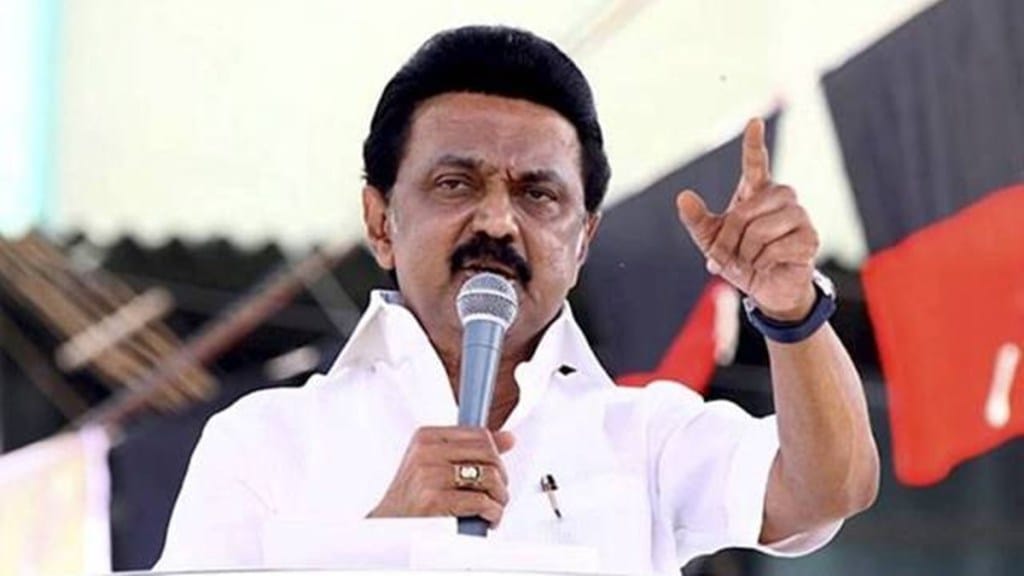Amidst a heated national debate around the proposed implementation of a Uniform Civil Code (UCC), Tamil Nadu Chief Minister MK Stalin has alleged that the BJP is using the debate on the common law as a tool to intimidate governments in non-BJP ruled states.
“They (BJP) want to impose UCC, and they try to use it against the non-BJP states. Those who oppose them are being threatened using CBI, ED, and IT raids,” Stalin said.
CM Stalin had criticised Prime Minister Narendra Modi, alleging that the Bhartiya Janata Party was “looking to escalate religious conflicts and confuse people to win (elections).”
Also Read: House Panel meets on UCC: Opposition questions timing, feasibility of Uniform Civil Code
“I am sure, people will teach a lesson to the BJP in the upcoming Lok Sabha elections,” Stalin had said earlier.
The debate over the UCC, which gained momentum following the PM’s pitch at a Bhopal rally last month, has received mixed reactions so far. While Opposition parties have largely opposed the proposal, there have been voices from within the NDA, and parties seen close to it, opposing the UCC as well.
In Tamil Nadu, for instance, the principal opposition party, AIADMK, which is an ally of the BJP, is opposed to the UCC. The AIADMK’s manifesto, specifically its chapter on “Minorities Welfare,” states, “The AIADMK will urge the Government of India not to make the Common Civil Code applicable to the religious minorities, to protect their religious rights, as safeguarded by our Constitution.”
The Jagan Mohan Reddy-led YSRCP, which has bailed out the BJP government at the Centre on numerous occasions in the past, has also made it clear it will not back the Uniform Civil COde if it brought to Parliament.
The BJP is also struggling to garner support for the UCC from its allies in the Northeast region, as these parties have strongly opposed the proposal. Among them are the National Democratic Progressive Party (NDPP), which leads the coalition with the BJP in Nagaland, the National People’s Party (NPP), which leads the alliance in Meghalaya, and the Mizo National Front (MNF), which is not in a partnership with the BJP in Mizoram but is part of the larger National Democratic Alliance (NDA).
Barring a few exceptions, Opposition parties too have been unanimous in their Opposition to the timing of the Law Commission seeking opinion on the UCC so close to polls. Taking a guarded stance on the matter, some Opposition parties, including the Shiv Sena (UBT) and the Congress, have not opposed the UCC but raised concerns over the BJP’s intent in bringing it now. Opposition parties also accused the PM of engaging in “divisive politics” to divert attention from the government’s alleged failures.
The Trinamool Congress (TMC) echoed similar sentiments, with Derek O’Brien, the leader of the TMC Parliamentary Party in Rajya Sabha, stating, “When you cannot deliver on jobs, when you cannot control price rise, when you rip the social fabric, when you fail to keep every promise made… all you can do, in your desperation, is to fan the flame with your deeply divisive politics before 2024”
Asaduddin Owaisi, leader of the All India Majlis-e-Ittehadul Muslimeen (AIMIM), criticized the Prime Minister, suggesting that he views India’s diversity and pluralism as a problem. He tweeted, “That is why such things are said. They say one nation, one election, one tax, one law, one culture, one religion, one identity and now they even talk about one fertiliser. That is his biggest problem.”

